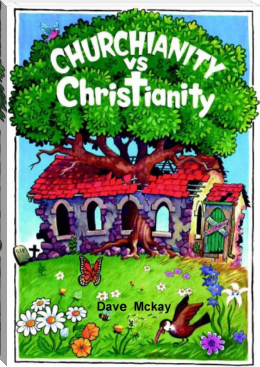Destroyers by Dave Mckay (latest novels to read TXT) 📕

- Author: Dave Mckay
Book online «Destroyers by Dave Mckay (latest novels to read TXT) 📕». Author Dave Mckay
Moses Chikati is a teenage boda-boda driver in the Kenyan interior, struggling to provide for himself and his younger sister, Rosy, at a time when the world is going through unprecedented turmoil. Circumstances bring Moses into contact with people on four different continents as he finds himself embroiled in some of the most significant events in earth's history.
Free e-book «Destroyers by Dave Mckay (latest novels to read TXT) 📕» - read online now
Similar e-books:





Comments (0)